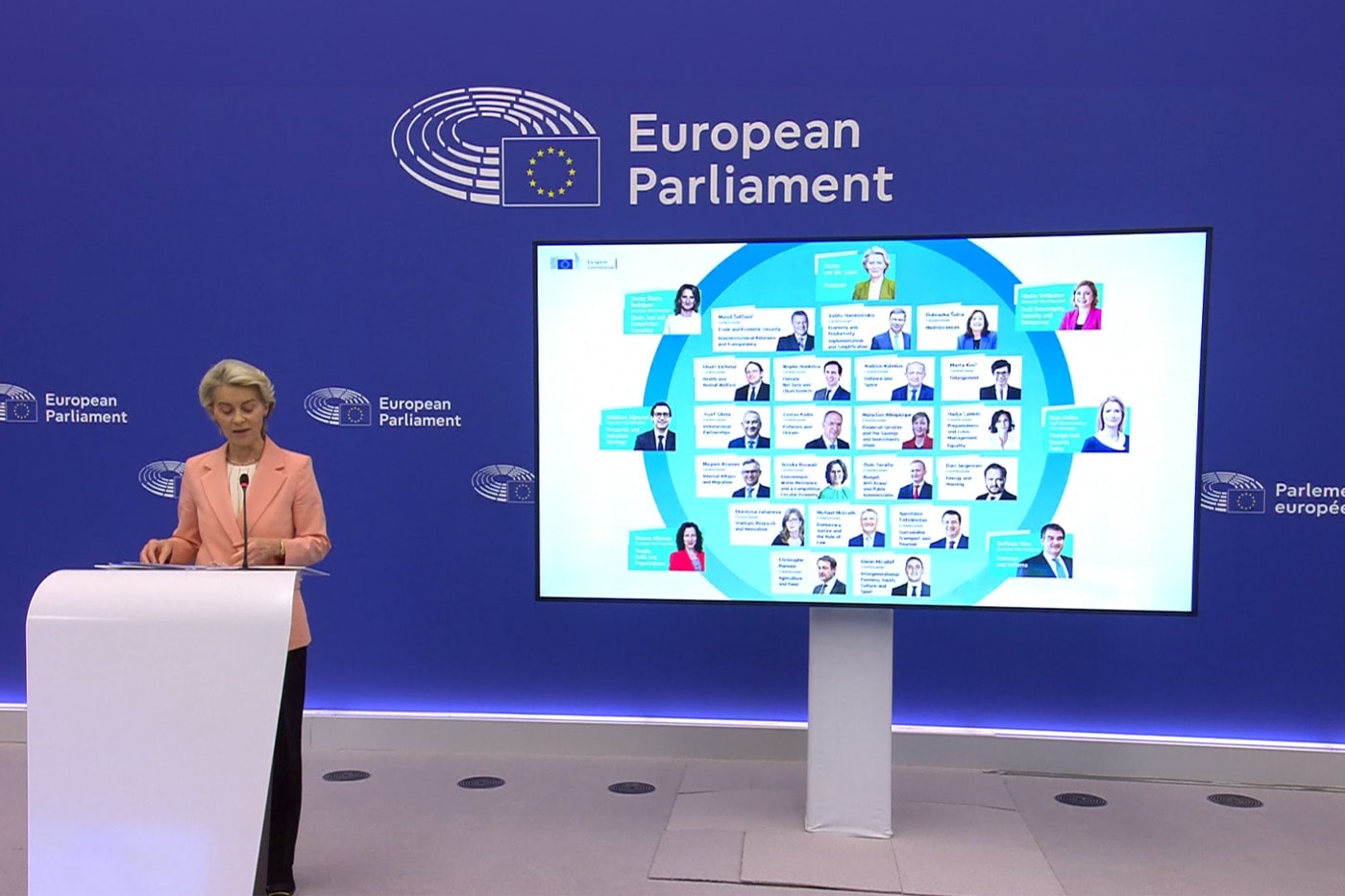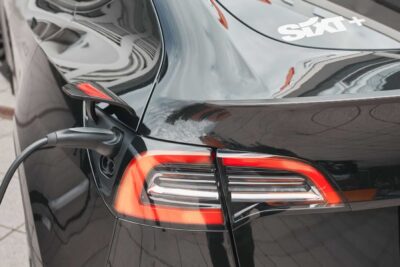What the future EU Commission means for electric mobility
The lobbying battle over CO2 fleet limits (and possible mitigation of the impending penalties for manufacturers) is in full swing – especially in Germany. However, the leadership team that EU Commission President Ursula von der Leyen presented to the European Parliament in Brussels will likely resist the temptation to deviate from the agreed path. That is supported by a few selected personnel details, which we present to you here:
Teresa Ribera to become Executive Vice-President for Clean, Just and Competitive Transition
There is Teresa Ribera, for example. The Spanish socialist is not only the EU’s competition chief but has also been nominated by Ursula von der Leyen as Vice-President for a clean, just and competitive [energy] transition. Ribera has been Minister for Ecological Transition in Spain since 2018 and is considered an ambitious climate politician. She is supposed to ensure that von der Leyen’s Green Deal becomes a reality. What makes this appointment so exciting? Ribera recently negotiated stricter emission limits for trucks and buses. The new regulations stipulate that all new city buses must be emission-free from 2035 and almost all new trucks from 2040. It is hard to imagine that Ribera would allow this compromise to be cancelled for commercial vehicles. Ribera has also positioned herself against nuclear power and campaigned to expand renewable energies at the EU level instead. In addition, a production cluster for electric mobility is currently being established in Spain – from battery cells to electric cars. That fits.
Stéphane Séjourné to become Executive Vice-President for Prosperity and Industrial Strategy
One interesting last-minute appointment is that of Stéphane Séjourné. He has only been French Foreign Minister since the beginning of the year and was nominated by President Emmanuel Macron as a candidate for the EU Commission, following the sudden resignation of Thierry Breton. He will now be appointed Executive Vice-President for Prosperity and Industrial Strategy and Commissioner for Industry, SMEs and the Single Market. That comes with a lot of power. It is unlikely that Séjourné will use this power in favour of a fossil fuel industry and a ‘business as usual’ approach to the combustion engine. At 39, he is not only very young but also in favour of electric cars in France. The country favours transformation and is making a visible turnaround in transport in Paris. Most recently, PSA boss Carlos Tavares – who is also responsible for the French brands Peugeot, Citroën and DS – has also spoken out against a change in the EU fleet limits for passenger cars. It is unrealistic for a French Commissioner for Industry to take a different position here.
The Commissioner for Sustainable Transport comes from Greece
And then there is Apostolos Tzitzikostas. The Greek belongs to the Nea Dimokratia party and has been Governor of the Central Macedonia region since 2014 and Chairman of the Association of Greek Regions since 2019. Von der Leyen wants to make him Commissioner for Sustainable Transport and Tourism. Tzitzikostas would thus be responsible for the transport of people and goods. As a Greek from a country without a significant car industry, he is likely to be largely immune to automotive lobby influences.
Outlook
At first glance, Ursula von der Leyen has set up a Commission to drive forward the Green Deal in the EU. In a press release, she states the priorities of her second term of office. It is about “building a competitive, decarbonised and circular economy, with a fair transition for all. Designing a bold industrial strategy with innovation and investment at its heart.” With this approach, von der Leyen wants to take a leading role in the world. That sounds like a future of modern mobility and not just combustion engines.
Given this personnel, it will be interesting to see how the member states adapt to von der Leyen’s second term of office. As far as electric mobility is concerned, the new EU Commission is probably a good choice – provided that the European Parliament confirms the people named.





0 Comments